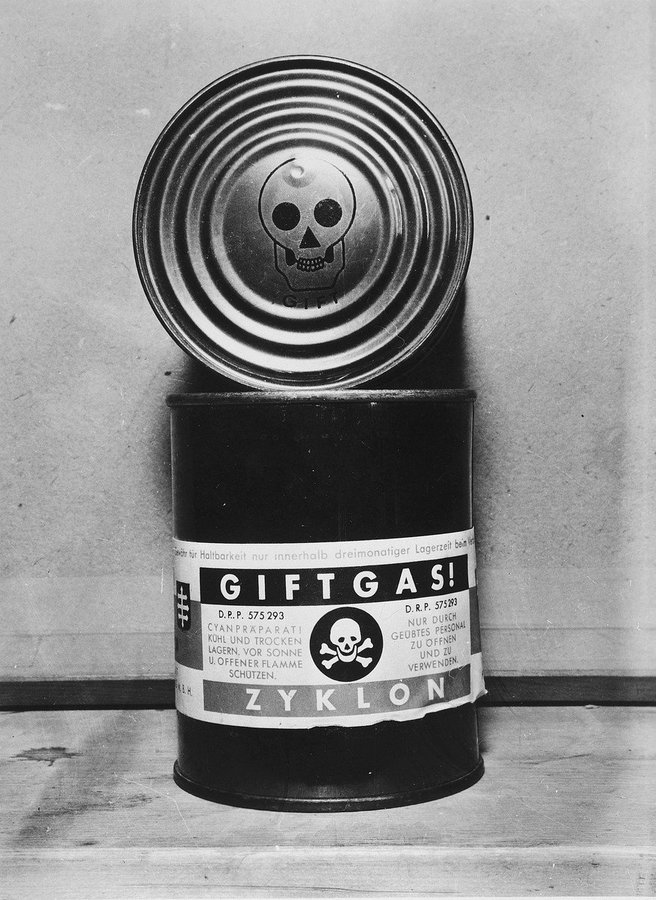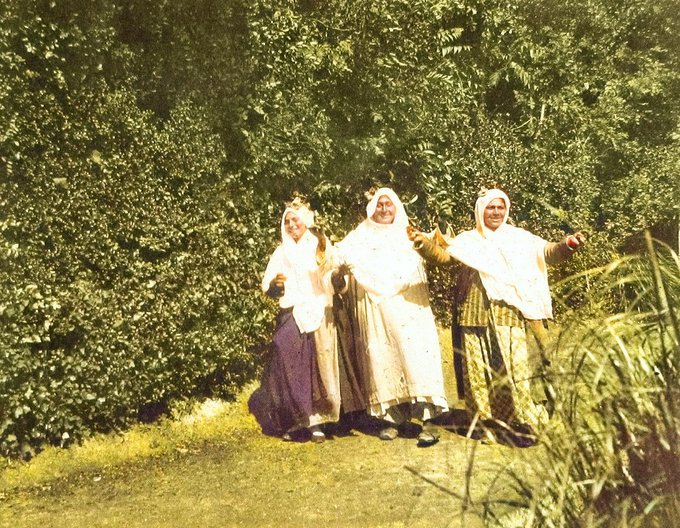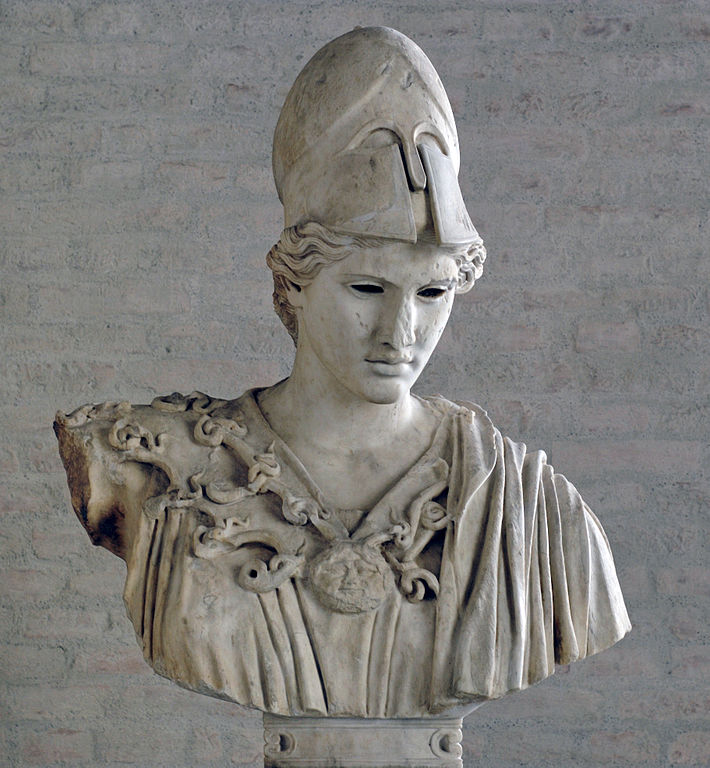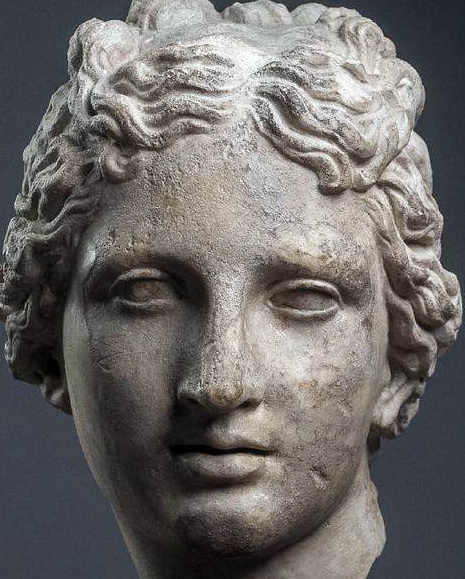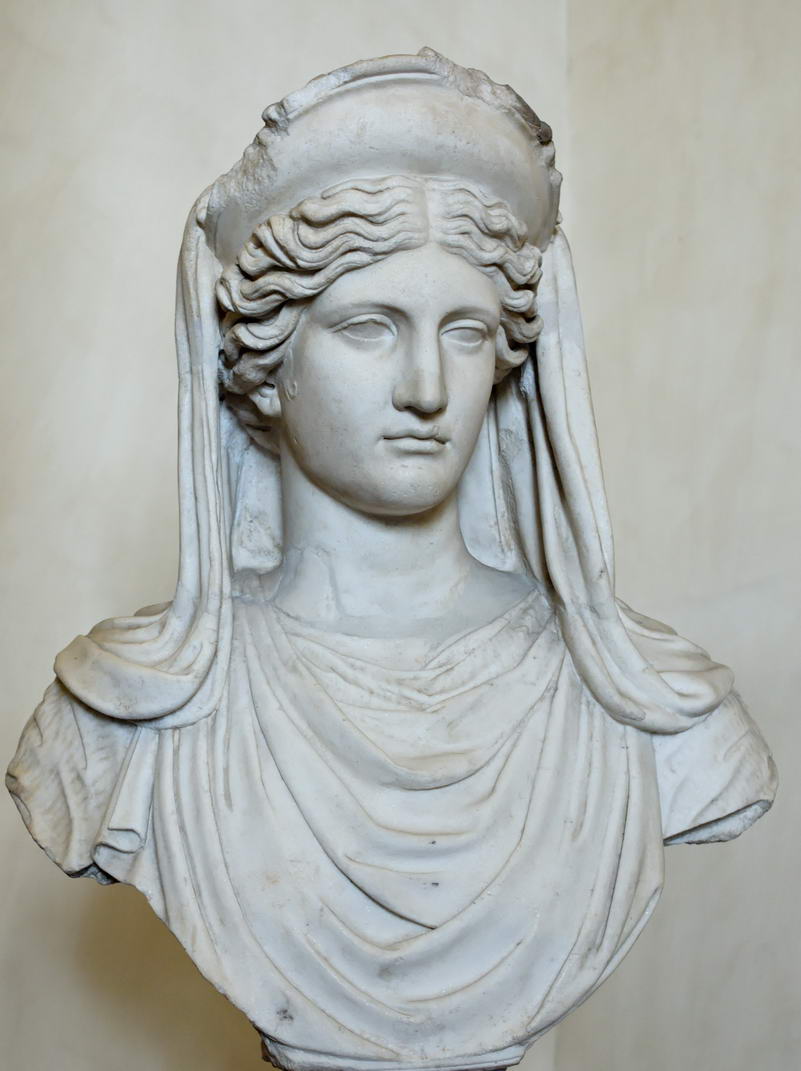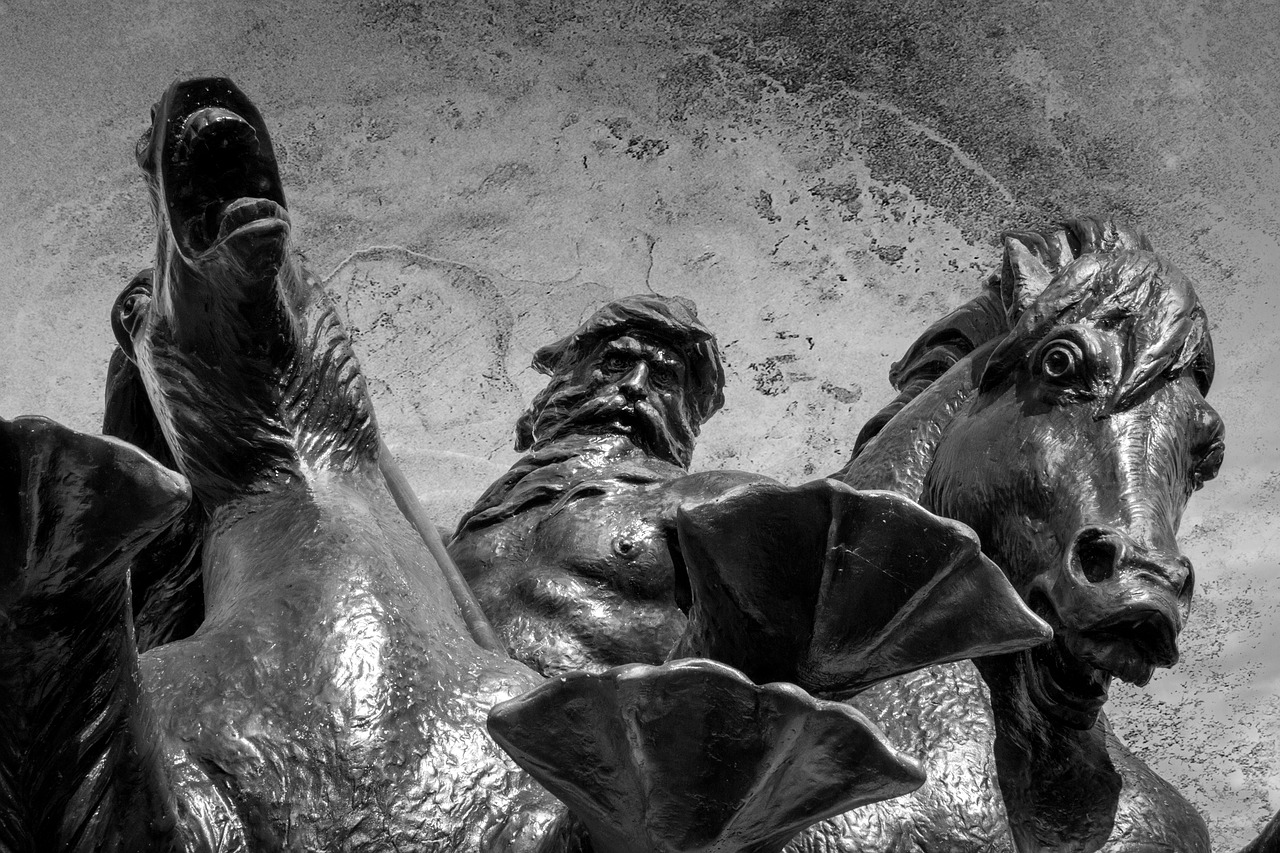1 – 15 Eylül 1941: Naziler Zyklon B gazı kullanıyor
1 Eylül 1941 İki yıl önce bugün Almanya Polonya’yı işgal etti ve ‘Avrupa savaşı’ başladı. Şu anda 23 millet İkinci Dünya Savaşı’na boğazına dek gömülmüş durumda, ölümüne mücadele ediyor. Hitler ve Mussolini beş günlük bir Doğu Cephesi turu yaptıktan sonra iki diktatör “Avrupa savaşlarının nedenini ortadan kaldırmaya” söz verdi.
Oku
